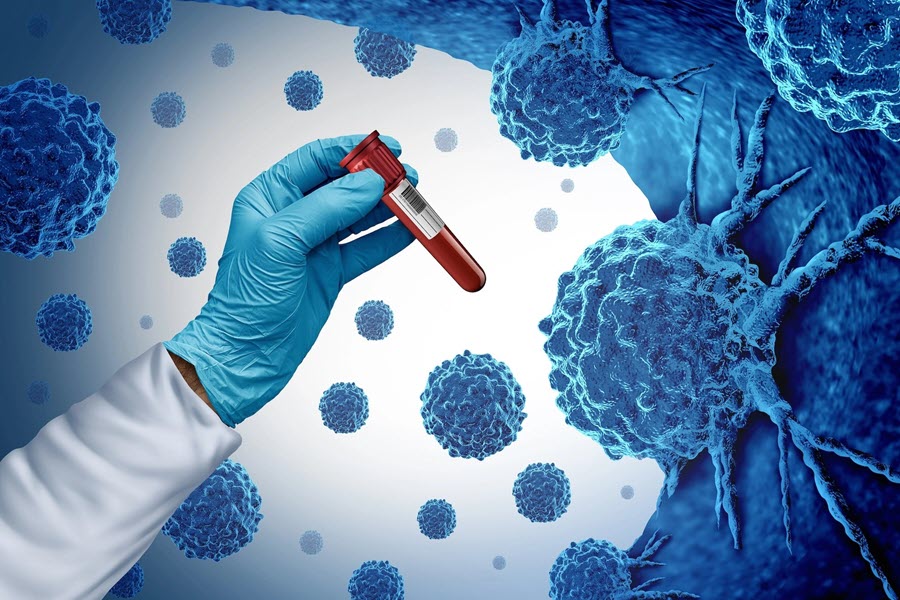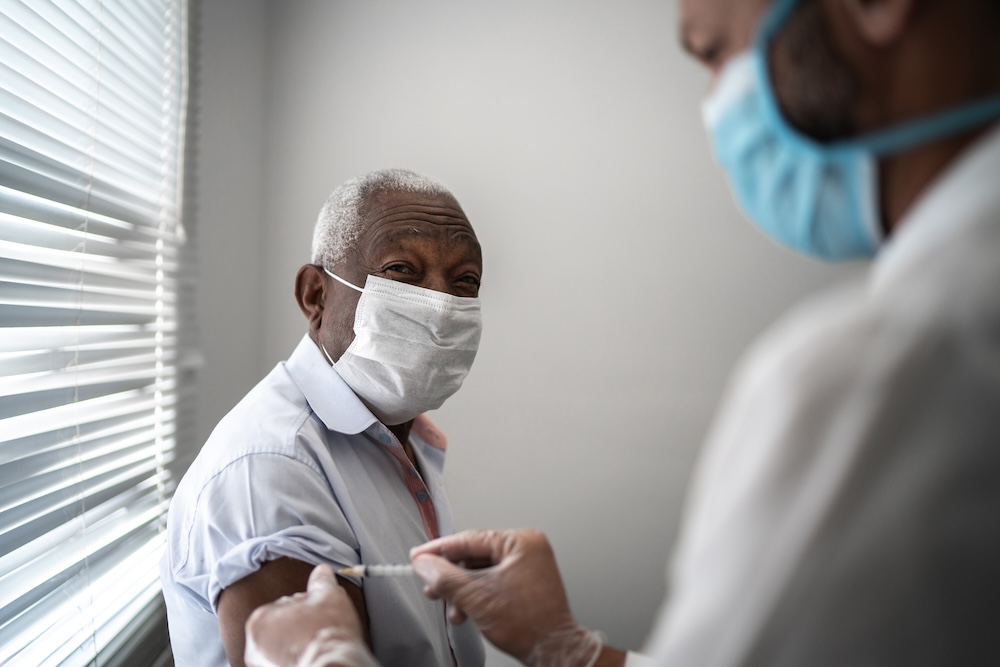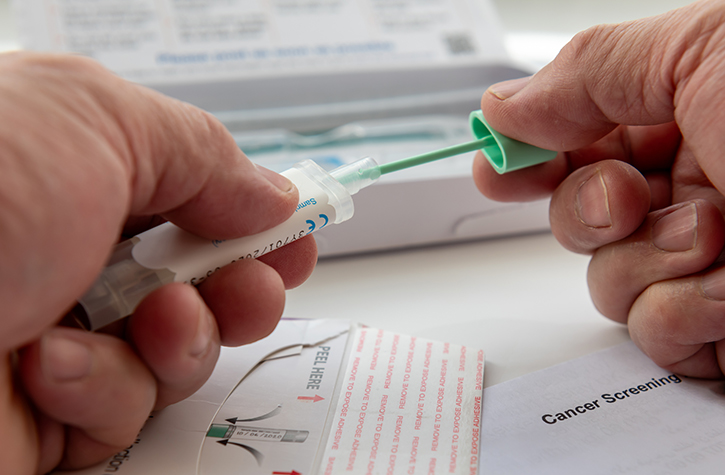February 22, 2024
The National Cancer Institute (NCI), part of the National Institutes of Health, today announced that it has selected Kaiser Permanente Northern California as one of the institutions that will help launch a new national clinical trials network to evaluate emerging technologies for cancer screening, with the goal of reducing cancer-related illnesses and deaths.
The Cancer Screening Research Network (CSRN) will support the Biden administration’s Cancer Moonshot by investigating how to identify cancers earlier, when they may be easier to treat. Kaiser Permanente (KP) Northern California will serve as one of 7 funded CSRN Accrual, Enrollment, and Screening Site (ACCESS) Hubs that will lead efforts to enroll participants in their geographic and coverage areas. Researchers at KP Southern California and the KP School of Medicine have partnered with KP Northern California to establish its ACCESS Hub.

Jeffrey K. Lee, MD, MPH
“It’s a tremendous honor for KP Northern California to be selected as part of the NCI Cancer Screening Research Network initiative and a testament to our outstanding integrated health care system and Division of Research that allows us to conduct impactful cancer screening trials for the benefit of our members and beyond,” said Jeffrey Lee, MD, MPH, a research scientist at the Kaiser Permanente Division of Research (DOR) and a gastroenterologist with The Permanente Medical Group.
Lee will co-lead the KP Northern California CSRN site with DOR research scientists Lori Sakoda, PhD, and Douglas Corley, MD, PhD.
Additional partners include Bechien Wu, MD, MPH, a gastroenterologist with the KP Southern California Department of Research and Evaluation, and Quyen-Ngo Metzger, MD, MPH, a professor at the KP School of Medicine.
The CSRN will conduct rigorous multicenter cancer screening trials and studies with large and diverse populations in a variety of health care settings that evaluate strategies and approaches for risk-based screening and emerging cancer screening modalities. Data collected through these clinical trials can be used to develop evidence-based guidelines for cancer screening.
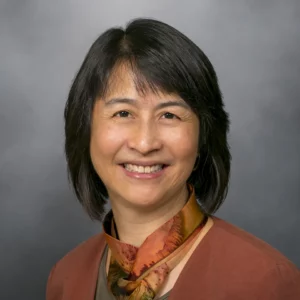
Tracy Lieu, MD, MPH
“The Division of Research is proud to be included in this national effort to understand the effectiveness of multi-cancer detection assays,” said DOR Director Tracy Lieu, MD, MPH. “Kaiser Permanente has always been a leader in cancer screening and prevention, and this study aligns with our mission to provide patients with the best possible care.”
The first CSRN study will study the effectiveness of multi-cancer detection assays. These tests measure biological signals in body fluids that may be shed by cancer cells from a number of cancer types. There are a number of tests in development to screen for cancers from different organ sites at the same time.
“NCI has launched CSRN to evaluate a variety of different technologies for the purpose of cancer screening,” said Lori Minasian, MD, deputy director of NCI’s Division of Cancer Prevention. “Detecting cancer early is not enough to improve people’s lives. Through CSRN, we’re going to study whether using these new technologies will make a difference in people’s lives.”
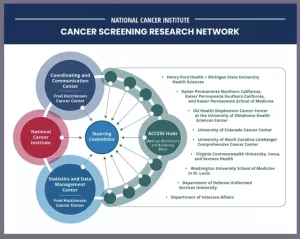 There remain many unanswered questions about if and how multi-cancer detection assays will improve cancer screening or reduce cancer deaths. Researchers are also interested in learning the emotional and economic impact of test results, their potential to lead to unnecessary invasive procedures, and whether people will stop following current cancer screening guidelines if they receive a negative test result. It is also not known if these blood tests will make screening more accessible, exacerbate disparities, or lead to overdiagnosis and treatment of cancers that might have gone away on their own or not caused harm.
There remain many unanswered questions about if and how multi-cancer detection assays will improve cancer screening or reduce cancer deaths. Researchers are also interested in learning the emotional and economic impact of test results, their potential to lead to unnecessary invasive procedures, and whether people will stop following current cancer screening guidelines if they receive a negative test result. It is also not known if these blood tests will make screening more accessible, exacerbate disparities, or lead to overdiagnosis and treatment of cancers that might have gone away on their own or not caused harm.
The six other funded ACCESS Hubs are:
- Henry Ford Health + Michigan State University Health Sciences
- OU Health Stephenson Cancer Center at the University of Oklahoma Health Sciences Center
- University of Colorado Cancer Center
- University of North Carolina Lineberger Comprehensive Cancer Center
- Virginia Commonwealth University, Inova, and Sentara Health
- Washington University School of Medicine in St. Louis
The Department of Defense and the Veteran’s Health Systems will also participate as ACCESS Hubs funded by their respective agencies. Fred Hutchinson Cancer Center in Seattle will serve as both the Coordinating and Communications Center and the Statistics and Data Management Center.
This story originally appeared in Division of Research Spotlight.


